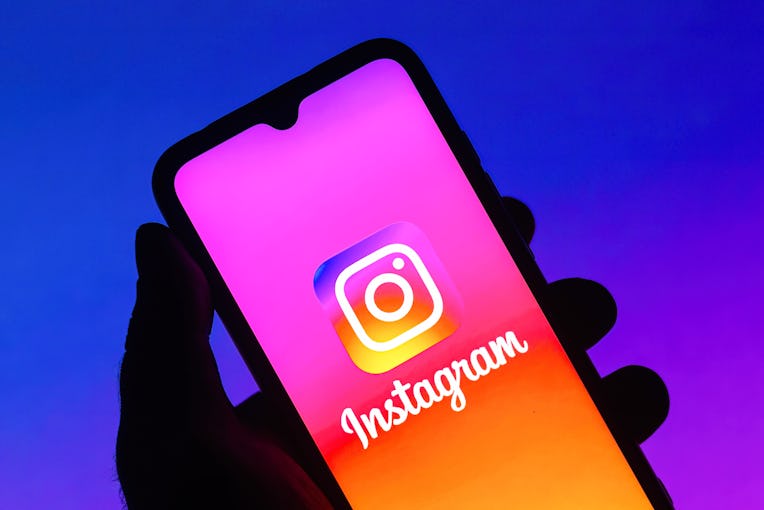Instagram Struggles With Low Self-Esteem, Too
“Is it my fault?” the app asks after ruining the lives of teens

Almost everyone has body image issues. Some people dislike how their arms look. Others wish their butts were two or three times bigger. Instagram (the app) also has body image issues. Specifically, it’s insecure about “taking up too much space,” so to speak, in young people’s lives, and thus causing them to have their own body image issues. According to a recent Wall Street Journal report, Instagram and its parent company Facebook have, through their own research, known for a while now that the photo-and-video platform has been negatively impacting mental health among young people, and especially teen girls, by surfacing content that encourages “social comparison” within a platform already designed to be addictive.
“We make body image issues worse for one in three teen girls,” said one slide of an internal Facebook presentation from 2019, per the Journal. “Teens blame Instagram for increases in the rate of anxiety and depression,” said another. Among teenage Instagram users who reported having suicidal thoughts, 13 percent of British users and 6 percent of Americans users blamed the app for these thoughts, according to one presentation. Researchers concluded that many of these problems were not effects of broader social media use, but due to the appearance-focused Instagram specifically.
In response to the report, Instagram — whose parent company has historically downplayed its negative impact on mental health when taking a break from downplaying its negative impact on society at large — says it is listening and learning and holding space. Karina Newton, head of public policy at Instagram, published a statement on Tuesday saying that the app has “increasingly focused on addressing negative social comparison and negative body image.” One idea Newton touts is potentially nudging users towards more positive, uplifting content in order to stop them from dwelling on content that makes them feel bad (a hypothesis Facebook already tested in 2014 without informed consent from its users).
But before Instagram can help other people with their body image issues, maybe it could do with some looking inward first. Does it love and appreciate its own algorithms and design choices? Has it come to terms with the fact that getting teens to stop spending all their time hating themselves on Instagram while also wanting them to keep spending all their time on Instagram are mutually exclusive goals? Maybe the platform’s first step on this long journey of healing should start with rethinking its plan to build a version of Instagram for children under the age of 13? Mental health is complicated, as Facebook’s underpaid contractors tasked with viewing violent content all day know, and we hope Instagram finds the help it needs.